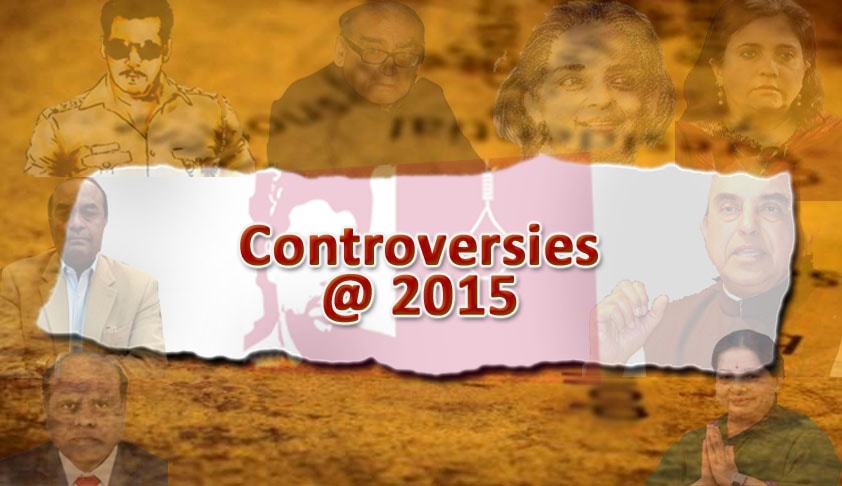- Home
- /
- Cover Story
- /
- Order. Order! Order? – Visiting...
Order. Order! Order? – Visiting Judicial Controversies of 2015
Namit Saxena
31 Dec 2015 4:14 PM IST
Whittier wrote –“For all sad words of tongue or pen,The saddest are these : It might have been.”Shedding the controversies of the winter past, 2015 wrote its own bundle of issues. Apart from the political establishments which have mastered the art of controversies and which probably run their business on controversies, the judiciary too this year proved correct Whittier’s notion of...
Next Story



